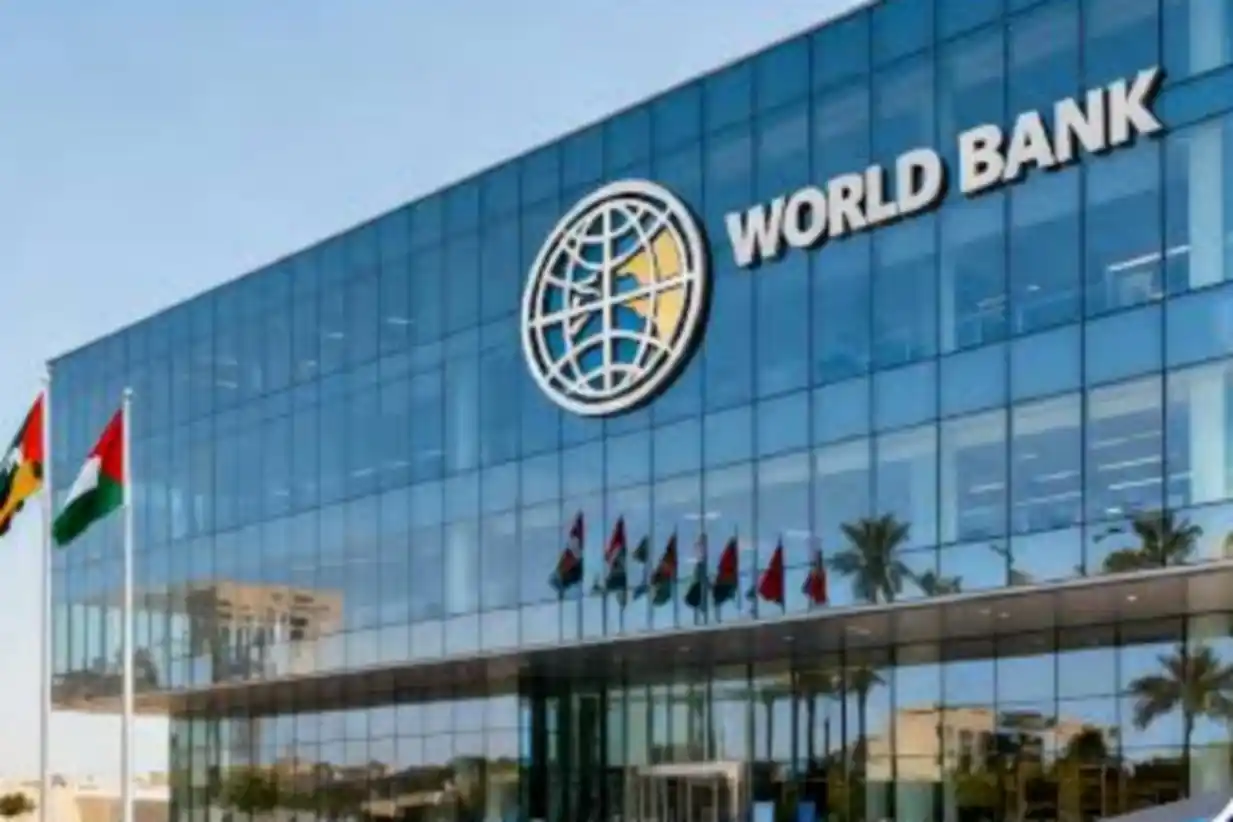The World Bank has restated its commitment to transforming agriculture into a strong business sector that drives job creation, income growth, and food security globally.
World Bank Group President Ajay Banga made this known on Tuesday in Washington during the ‘AgriConnect Flagship Event’ held on the sidelines of the 2025 Annual Meetings of the IMF and World Bank Group.
Mr Banga noted that agriculture has always been central to global development and must now evolve to meet modern economic needs.
“Today, the challenge is to make it about how to grow more food, and turn that growth into a business that produces higher incomes for smallholder farmers and more opportunity across entire economies,” he said.
He explained that over the next 10 to 15 years, around 1.2 billion young people in developing countries will reach working age, but current trends indicate that only 400 million jobs will be created.
“Hundreds of millions will either power the global economy or spill over into unrest and migration. That is why the World Bank Group has made job creation our central mission,” he added.
Mr Banga emphasised that jobs ultimately come from the private sector, even though they do not always start there.
“Countries move along a continuum: early on, the public sector drives job creation; over time, private capital and entrepreneurship take the lead. Our three-pillar strategy reflects that arc; build infrastructure and skills, create predictable regulations and a business-friendly environment, and back investors with risk tools that crowd in capital,” he said.
He stated that the World Bank sees great potential in five key sectors — infrastructure, agribusiness, healthcare, tourism, and value-added manufacturing — with agribusiness being a central focus due to its link to job creation and rising global food demand.
“We see potential in five sectors: infrastructure, agribusiness, healthcare, tourism, and value-added manufacturing. Today, we will focus on agribusiness, central both to jobs and to meeting global food demand that is projected to rise more than 50 per cent in the coming decades,” he explained.
Banga noted that emerging markets hold a crucial role in achieving these goals, adding that the developing world already has the necessary resources — land, sunlight, water, and human capacity.
“Africa holds 60 per cent of the world’s uncultivated arable land and can boost yields on land already farmed. Latin America already produces enough food for well over a billion people, but infrastructure is a challenge. Across Asia, smallholder farmers manage most farmland; an enormous base to lift with better technology, finance, and market access,” he said.
He pointed out that about 500 million smallholder farmers produce 80 per cent of the world’s food, but most still operate at a subsistence level.
“Fewer than one in 10 have access to commercial finance. The opportunity has been there for decades; what’s changing is our ability to organise at scale to shape the future of food security, nutrition, growth, and employment,” he stated.
According to him, the World Bank Group in 2024 began implementing a strategy aimed at helping smallholders raise productivity and connect them to structured value chains that can lift incomes and protect against exploitation.
“We also set out to connect them to structured value chains that lift incomes and guard against exploitation so farmers are not forced to sell land for lack of credit, insurance, or market access,” he said.
Mr Banga revealed that the World Bank plans to double its agribusiness commitments to nine billion dollars annually by 2030 while also seeking to mobilise an additional five billion dollars in investments.
“At the same time, we have set a target to double our agribusiness commitments to nine billion dollars annually by 2030, aiming to mobilise an additional $5 billion. It is grounded in what we have tested in the field and in lessons borrowed from others,” he added.
He explained that the focus remains on supporting small farmers who face challenges such as limited access to credit, inputs, and reliable buyers.
“Producer organisations, often built by governments, entrepreneurs, or private actors, can connect them to suppliers, insurers, buyers, and lenders,” Mr Banga said.

